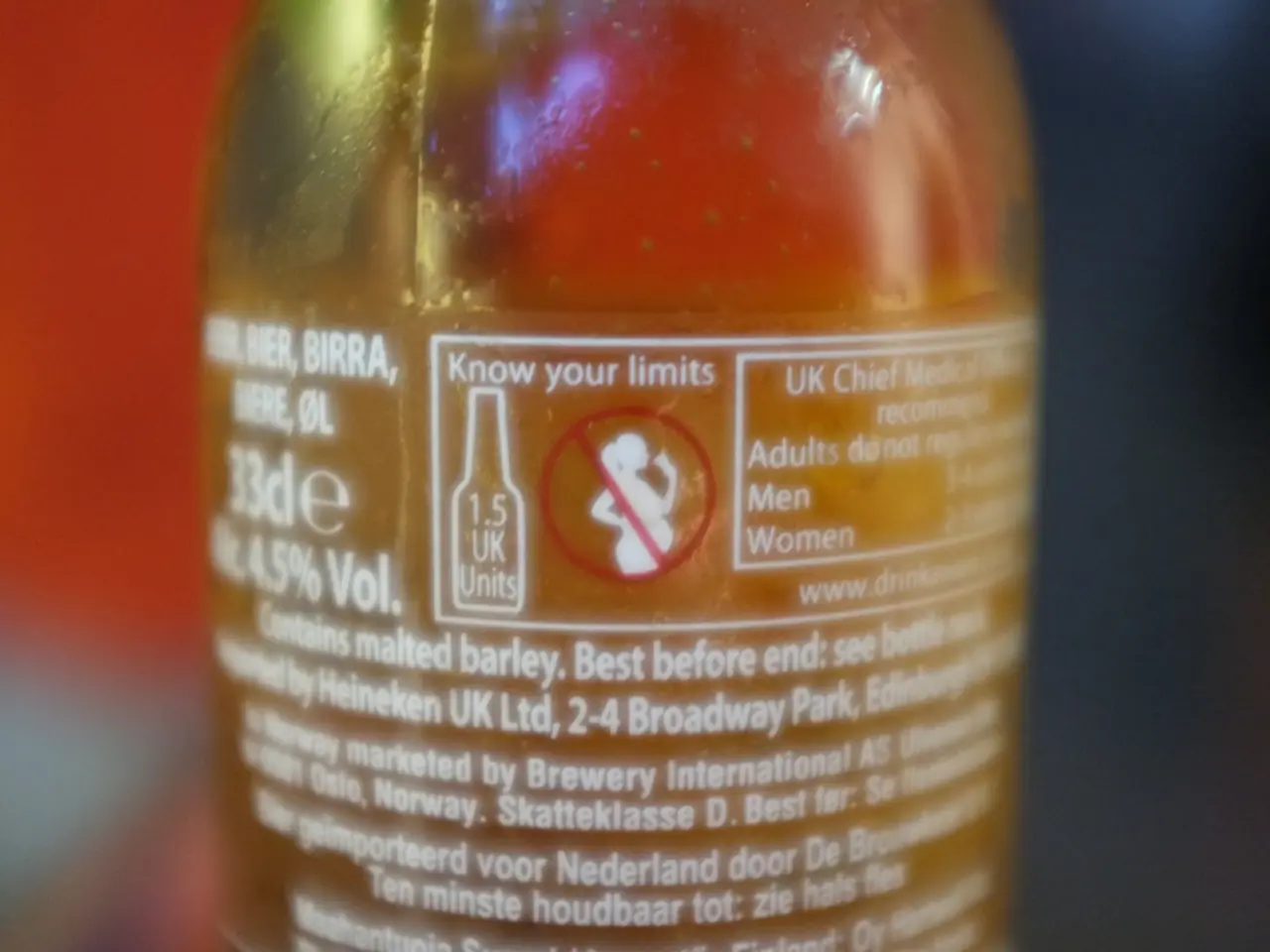Energy Drinks and Child Mental Health Problems: An Emerging Connection Explored
=================================================================
Energy drinks, popular for their invigorating properties, have become a common choice among young people. However, recent studies have highlighted potential risks associated with their consumption, particularly for children.
Negative Effects on Mental Health
The high caffeine content in energy drinks can lead to increased anxiety and hyperactivity, disrupting normal brain function in children. This stimulant effect can exacerbate existing mental health issues and even contribute to the development of new ones, such as anxiety, depression, and stress.
Moreover, energy drinks can interfere with sleep patterns, leading to insomnia or disrupted sleep. Poor sleep quality can further impact a child's mood, memory, and overall mental health. Additionally, energy drinks are associated with increased irritability and mood swings, which may indicate underlying mental stress or agitation.
Regular consumption of energy drinks can also lead to caffeine dependence, where children may rely on these drinks to feel alert. This can result in withdrawal symptoms when they stop consuming them. Furthermore, for children taking medications for conditions like ADHD, anxiety, or depression, consuming energy drinks can be particularly risky due to potential interactions and increased levels of stimulants.
Recommendations and Precautions
Given these concerns, the American Academy of Pediatrics strongly recommends that children avoid energy drinks altogether. The FDA suggests that teens limit their caffeine intake to less than 100 mg per day.
Instead, encouraging children to choose healthier beverages like green tea or water can help maintain both physical and mental well-being without the risks associated with energy drinks.
Regulatory bodies and the energy drink industry should consider stricter regulations regarding the marketing and sale of energy drinks to minors. Several studies have suggested a potential link between energy drink consumption and the development of mental health issues in children.
A study by the University of Miami found a link between energy drink consumption and problematic behavior in adolescents, such as aggression and attention problems. The high caffeine content in energy drinks may contribute to these negative outcomes.
In conclusion, while energy drinks may provide a temporary energy boost, their consumption can have significant negative impacts on children's mental health. Parents, educators, and healthcare professionals should educate children about these potential negative effects and encourage the consumption of healthier alternatives.
- The high caffeine content in energy drinks can disrupt normal brain function in children and exacerbate existing mental health issues, such as anxiety, depression, and stress.
- Energy drinks can interfere with sleep patterns, leading to insomnia or disrupted sleep, which can further impact a child's mood, memory, and overall mental health.
- Regular consumption of energy drinks can lead to caffeine dependence, where children may rely on these drinks to feel alert and experience withdrawal symptoms when they stop consuming them.
- The American Academy of Pediatrics recommends that children avoid energy drinks altogether, and the FDA suggests that teens limit their caffeine intake to less than 100 mg per day, preferably by choosing healthier beverages like green tea or water for maintaining both physical and mental well-being.




